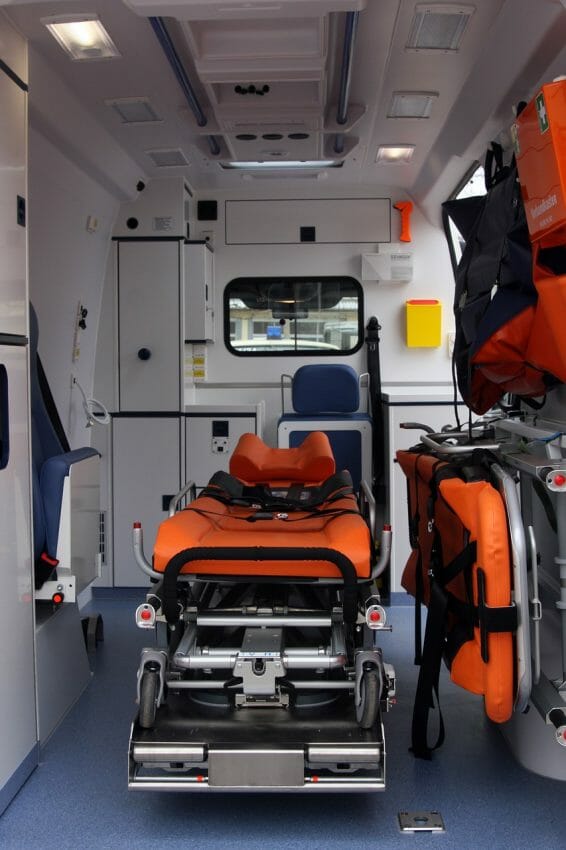New York City, with its bustling streets and fast-paced lifestyle, can be overwhelming during a medical emergency. Whether you’re a resident or a visitor, knowing how to navigate the city’s healthcare system is crucial. In this blog post, we’ll provide you with essential tips to handle medical emergencies and make the best decisions when you need to visit a hospital in the Big Apple.
Stay Calm and Assess the Situation
During a medical emergency, it’s vital to remain as calm as possible. Take a moment to assess the situation and prioritize safety. If the situation requires immediate medical attention, don’t hesitate to call 911 for professional assistance. Stay on the line and provide clear information about the location and nature of the emergency.
Know Your Nearest Hospitals
Before an emergency occurs, familiarize yourself with the hospitals near your location. NYC has several world-class medical centers, but knowing the closest ones to your home, workplace, or popular destinations can save precious time during a crisis. Knowing which ones to avoid can also help in an emergency, as no one wants a wrongful death due to cancer misdiagnosis or something equally avoidable.
Make Use of Ride-Sharing Services or an Ambulance
Traffic in NYC can be notoriously congested, potentially delaying your journey to the hospital. In non-life-threatening situations, consider using ride-sharing services like Uber or Lyft, as they might navigate through traffic more efficiently. If the situation is severe, call for an ambulance to ensure immediate and specialized care but be prepared to foot the bill.
Have Essential Medical Information Ready
Having essential medical information readily available is critical during emergencies. Ensure you carry identification, a list of current medications, allergies, and any existing medical conditions. This information helps healthcare providers make accurate and timely decisions, avoiding potential complications.
Prepare a Medical Emergency Kit
A well-prepared emergency kit can be a lifesaver in critical situations. Include basic first-aid supplies like bandages, antiseptic wipes, and pain relievers. Keep a stock of medications you regularly take, and don’t forget to pack contact information for your emergency contacts and primary care physician.
Be Patient and Advocate for Yourself
NYC hospitals can be busy, leading to longer waiting times during emergencies. While waiting, remain patient, and take the opportunity to advocate for yourself or the patient. Communicate clearly with medical staff, provide necessary details about the situation, and ask questions about the diagnosis and treatment plan.
Seek Assistance from Hospital Volunteers
Many hospitals in NYC have volunteers who can help guide and support patients and their families. These volunteers can provide directions, emotional support, and help with administrative tasks, easing some of the burdens during a stressful time.
Navigating medical emergencies in New York City may seem daunting, but with the right knowledge and preparedness, you can handle such situations more effectively. Stay calm, know your options, and be proactive when seeking help. By following these tips, you can approach hospital visits with confidence and ensure the best possible outcome during times of crisis in the concrete jungle.



